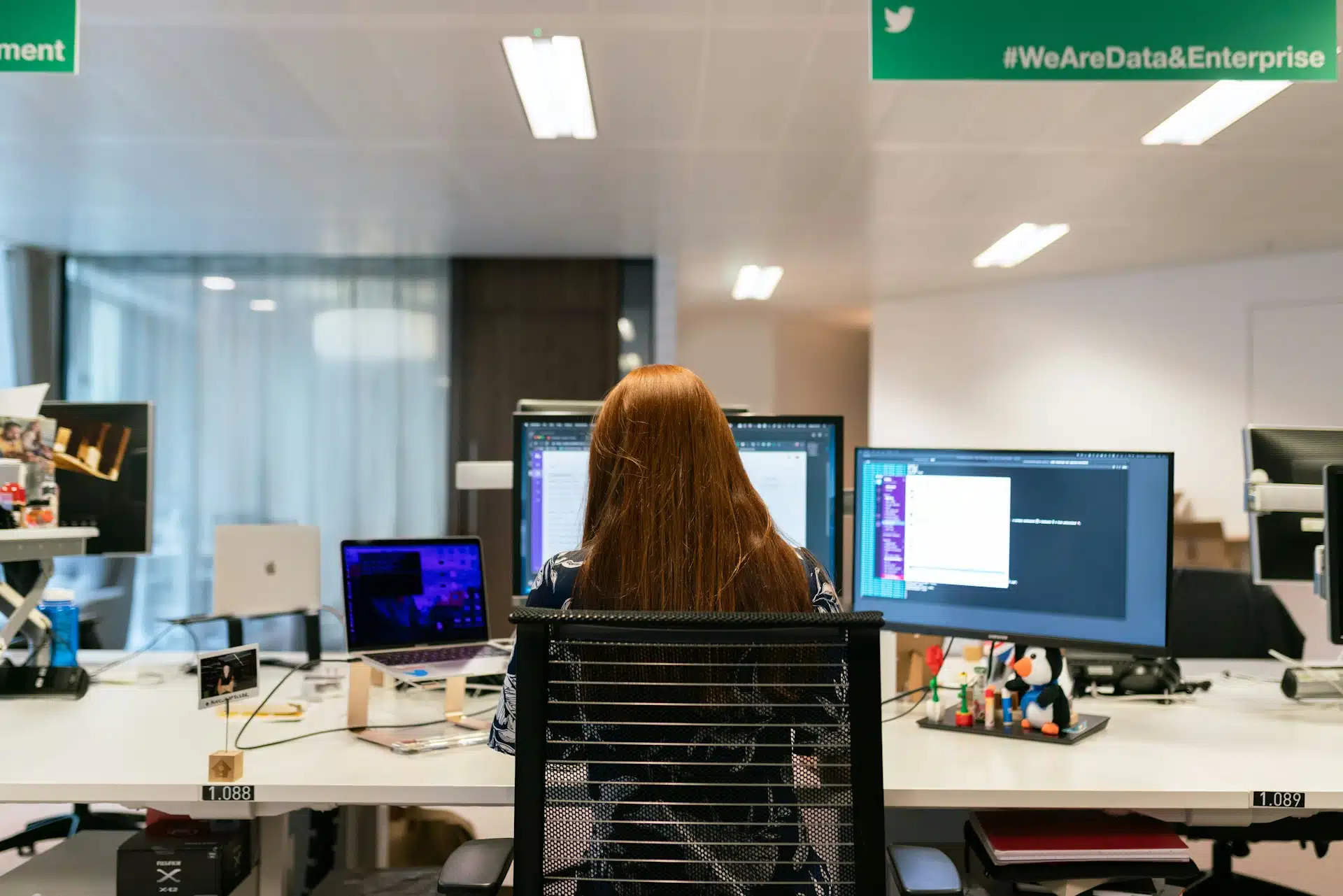Why Do We Need Cyber Security Monitoring?
26 July 2024

Cyber security monitoring is the process of ongoing surveillance and analysis of a company’s security, systems, and overall digital infrastructure. Many business owners might wonder if it’s necessary or overkill. So, why do we need cyber security monitoring?
Cyber security monitoring is an important part of vulnerability management. Through continuous monitoring, organisations can analyse their vulnerabilities before attackers exploit them. It also reduces the potential damage from an attack by alerting the organisation so that they can respond quickly.
Read on to learn more about cyber security monitoring, why it’s important, and the pros and cons of monitoring.
Jump to section:
- Why Is Continuous Monitoring Important in Cyber Security?
- What Are the Benefits of Cyber Security Monitoring?
- Is There a Downside To Continuous Monitoring?
- Cyber Security Monitoring With Obsidian Networks
- Cyber Security Monitoring FAQs

Why Is Continuous Monitoring Important in Cyber Security?
Cyber security monitoring is a key aspect of vulnerability management. It allows businesses to understand their threats and vulnerabilities before malicious actors can exploit them. With 50% of businesses in the UK reporting a data breach or cyber attack in the last 12 months, cyber security is more important than ever.
Organisations are required by law to take adequate measures to protect their customer’s data. Failing to do so can result in fines and legal actions, as well as loss of:
- Income
- Customer trust
- Stakeholder trust
- Access to data
- Manpower
- Reputation
Overall, 24/7 cyber security monitoring is one of the most effective tactics for avoiding and mitigating these losses.
What Are the Benefits of Cyber Security Monitoring?
24/7 cyber security provides a variety of benefits to businesses and organisations. It forms a part of a compliance strategy and prevents many of the detrimental consequences of a data breach.
Some of the benefits of cyber security monitoring include:
- Demonstrates that the organisation is committed to compliance, with security reports that can be shown to clients and regulatory bodies.
- Tracks and analyses the current cyber security efforts and what can be done to improve them.
- Aids in preventing and responding to data breaches.
- Monitors any changes made to the IT infrastructure and how they impact the system’s overall security.

Is There a Downside To Continuous Monitoring?
Compared to the many benefits that 24/7 cyber security monitoring provides, there are very few negatives. The only real negative is the cost! Because 24-hour monitoring requires a team of experts with specialist tools, it’s unlikely that an organisation will be able to perform it by itself. This means that a cyber security agency will be required.
The cost will depend on several factors, such as:
- Location
- Size of the IT infrastructure
- Agency chosen
- Other services included
Despite the cost of the service itself, many organisations find that cyber security monitoring services save them money. This is because many monitoring tools are automated and run in the background, reducing the amount of manpower needed. Cyber security monitoring is also usually included in a managed IT support package, meaning you get more for what you spend. For more information on what a managed IT support package includes, read our blog: What Are Managed IT Support Services.
In the UK, the average total cost of a data breach or attack is £6,940. Cyber security monitoring helps to protect you from costly negative outcomes and can save you money.
Cyber Security Monitoring With Obsidian Networks
If you want to protect your organisation, improve your cyber security processes, and stay compliant with regulations, look no further than Obsidian Networks. We provide several cyber security services including cyber security monitoring and penetration testing. We can also manage your entire IT infrastructure with our fully managed IT support services.
We understand that every organisation is unique, and we can offer bespoke service plans to suit your every need. Get in touch with a member of our team today to discuss your requirements.

Cyber Security Monitoring FAQs
What Is Process Monitoring in Cyber Security?
Process monitoring involves continuous monitoring and analysis of all systems, processes, networks, and activities within an organisation. This allows you to detect malicious activity before it can cause harm and prevent it from gaining further access.
What Are the Monitoring Tools in Cyber Security?
Cyber security monitoring tools can vary depending on the systems being monitored. Our cyber security monitoring tools include:
- Known & zero-day malware protection
- Known & zero-day ransomware protection
- Known & zero-day exploit protection
- Anti-phishing protection
- Multiple attack vector protection, including web, email, network, and devices
- Advanced persistent threat (APT) protection
- Zero-trust application service
- IDS / HIPS
- Network attack protection
- Backups and the ability to roll back malicious actions
- Centralised quarantine